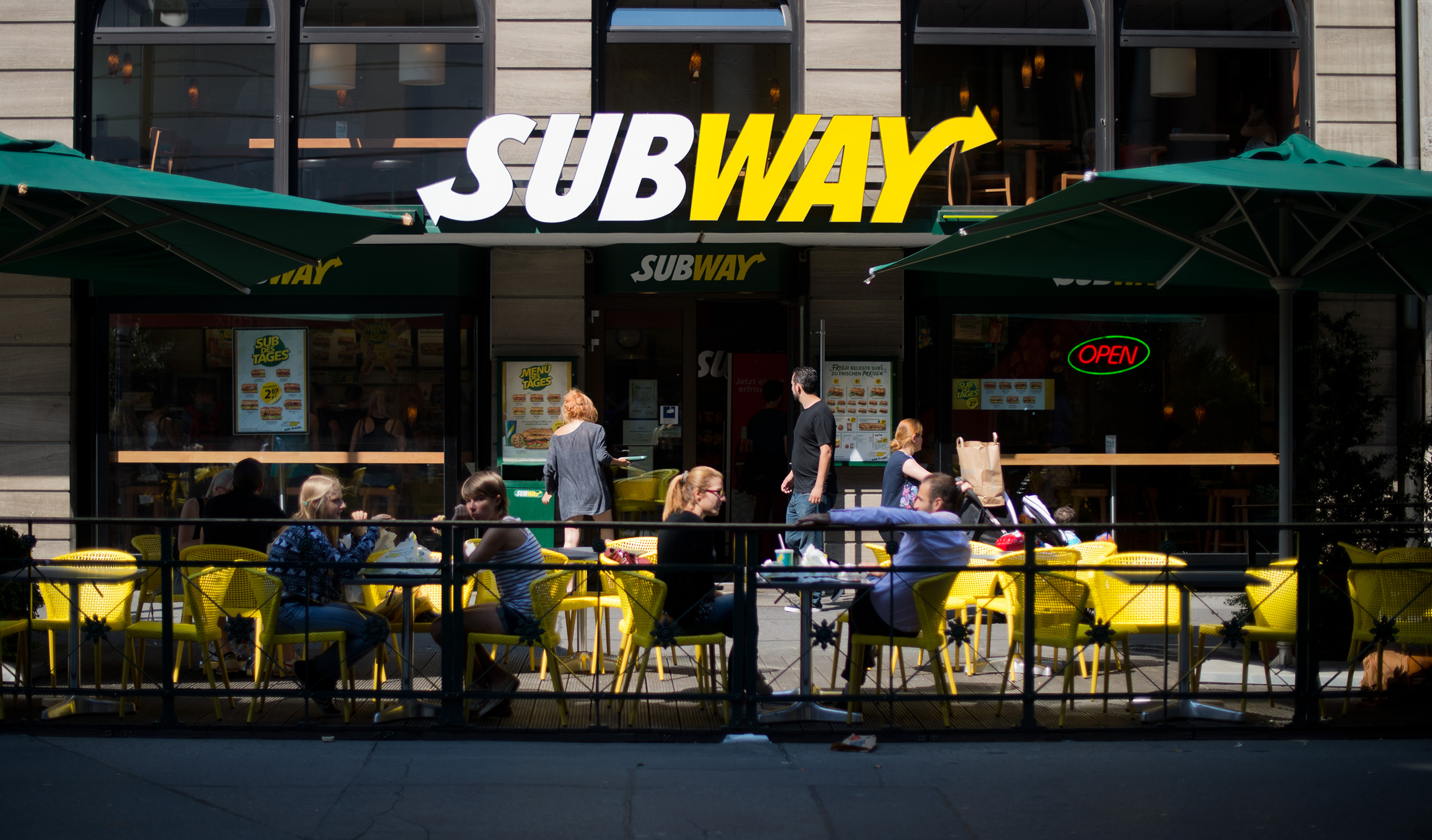The Urban Redevelopment Authority (URA) of Pittsburgh has released details of the 20-year lease it has reached with Salem’s Market and Grill to take over the closed and heavily publicly subsidized Shop ‘n Save grocery store in the Hill District.
And the question of public subsidies has reared its head anew.
The basics of the lease, first revealed in a prior column, are this:
A 20-year lease with two 5-year options; a lease rate of $7 per square foot, and word that the lease footprint also incorporates a former Subway restaurant.
But it took a Right-to-Know request to obtain the full, unredacted lease. And that lease, while it reveals public money is being employed in this deal (either directly or indirectly), raises questions.
Salem’s will pay $17,500 a month ($210,000 a year) to lease the building, beginning in August. The first two months – August and September — will be abated but amortized over the life of the lease.
A security deposit equal to one month of rent must be paid.
Real estate taxes will be abated for the first three months. But that raises an important question, as the Allegheny Institute’s Eric Montarti and Jake Haulk were quick to ask when reviewing the lease:
Given that the URA will continue to own the property and the URA is a municipal authority that does not pay taxes on its properties, why is Salem’s paying an amount equivalent to what the property tax would be?
That said, the lease also gives Salem’s the “right of first refusal” to purchase the property someday. That is, Salem’s is given the contractual right allowing it to be the first buyer to submit an offer on this specific property.
Salem’s also receives a three-month abatement for “common area expenses” in the retail strip it is located and another three-month abatement on utility costs. Both are public subsidies.
Additionally, the URA will pay Salem’s $100,000 for physical plant improvements, stipulating that the first improvement must be the building’s HVAC system.
Indeed, paying for the HVAC system should be a URA-covered expense, given the URA will continue to own the building. But whether it should pay for other “improvements,” loosely defined but seemingly related to a grocery store’s specific needs, is another question.
So, too, is the conveyance to Salem’s – for $1 – a very long list of “assets” – from general equipment to grocery store-specific equipment.
But the lease assigns them no monetary value. So, how much is this equipment worth?
So, again, there is public money in this deal. Whether that’s offset by the real estate taxes that Salem’s will inexplicably pay is difficult to calculate without full, precise values of all the discounted/abated lease items.
But, is the annual rent too low and, thus, another public subsidy?
“A commercial property’s annual rent should be about one-tenth of its value,” Haulk says.
Montarti says county records show the property’s assessed value is $2.1 million. As per the standard Haulk cites, that means Salem’s annual rent of $210,000 is spot on.
But do note, the lease contains no provisions for any monthly rent increases over its 20-year term. If the assessed value increases and the rent does not, is that not a public subsidy?
We long have opposed public subsidies for private enterprises. And with sound reason – the practice perverts the open and free marketplace, inefficiently redirecting scarce public dollars away from bona fide and far more pressing public needs.
The failed Shop ‘n Save was a textbook example of failed command economics.
And even though Salem’s will pay property taxes – or given the URA’s tax-exempt status, what would be an equal payment in lieu of taxes – there should be no public money in this deal.
But, clearly, there is.
Colin McNickle is communications and marketing director at the Allegheny Institute for Public Policy (cmcnickle@alleghenyinstitute.org).



